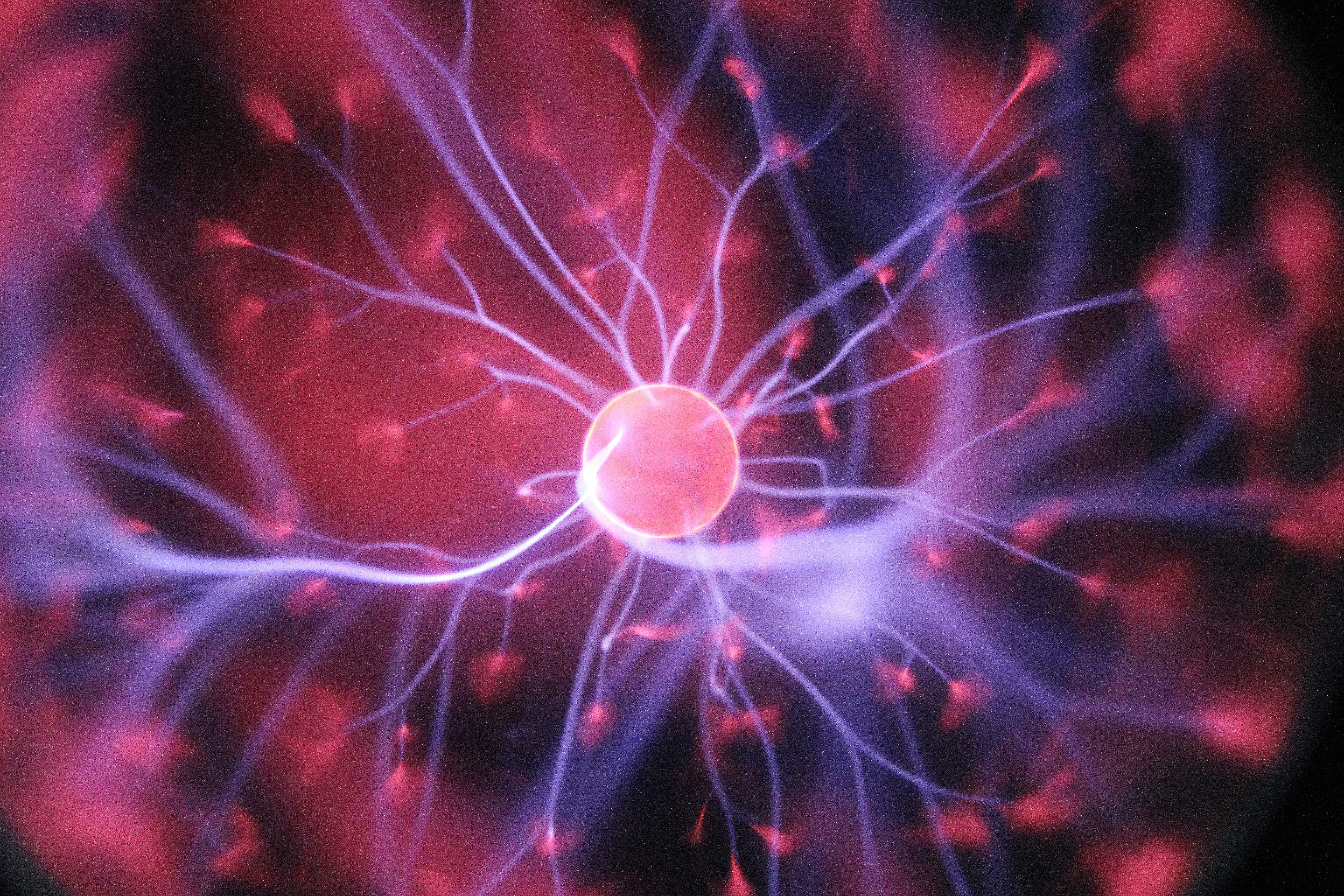I’ve been struggling to come up with a better term for generalists–you know, the people who develop a broad range of skills rather than dedicating their life to one very specific thing? People who specialize can be categorized as specialists, and I see no problem with that terminology–the name literally has the word “special” in it. But what about the people who connect specialists to one another, build their teams, communicate their goals, develop processes for implementing their ideas, and generally empower them to specialize?
“Generalist” seems so boring and un-special, when really the work these people do can be equally as fascinating and purposeful as any specialist’s work. These types of people are connectors, communicators, facilitators, organizers, and leaders. They excel in “soft skills” (which also needs a better name) and they drive innovation by linking people and concepts from seemingly disparate sources.
In creating some material for a class I am developing on the topic, I started sketching the relationship between the two approaches. Those who specialize tend to gather resources and information towards a single point, getting more and more specific; whereas those who do not, tend to gather resources and information that points outward in different directions. When I drew this it reminded me of something I’d seen in chemistry class.

I’m not a specialist in chemistry, but as a rather intense generalist, I knew exactly where to learn more–from another one of my favorite generalists, Sal Khan!
Below is an illustration of metallic bonding. Notice how the sea of electrons is constantly moving between the metal ions.

This type of bond allows the ions and electrons work together to form a material that has:
- malleability – it can be molded and shaped without breaking
- strength – the more electrons, the stronger the metal
- conductivity – electrons can carry heat and electric current
- low-volatility – hard to break it down into individual parts by melting or boiling
- lustre – electrons make it shine!
Now look at the illustration and the list of properties again, but this time think of the metal as a network of organizations where the ions = “specialists” and the electrons = “generalists”.

I think our society focuses on specialists and our educational system pushes specialization (see: college majors, career clusters, STEM, etc.), but what support do we provide for people that don’t want to choose one thing when they are 18 and stick with it until they die?
In my experience there are a lot of people who end up floundering because there is a stigma associated with having a diverse career, yet they don’t feel as though they want to commit to one thing forever. We feel pressure to pick a pre-determined career path when really we need to learn how to effectively curate our own.
What can be done? I think the first step lies in the semantics: let’s reclassify non-specialists as something a little more inspiring: maybe “conductors” or “alchemists” or….
